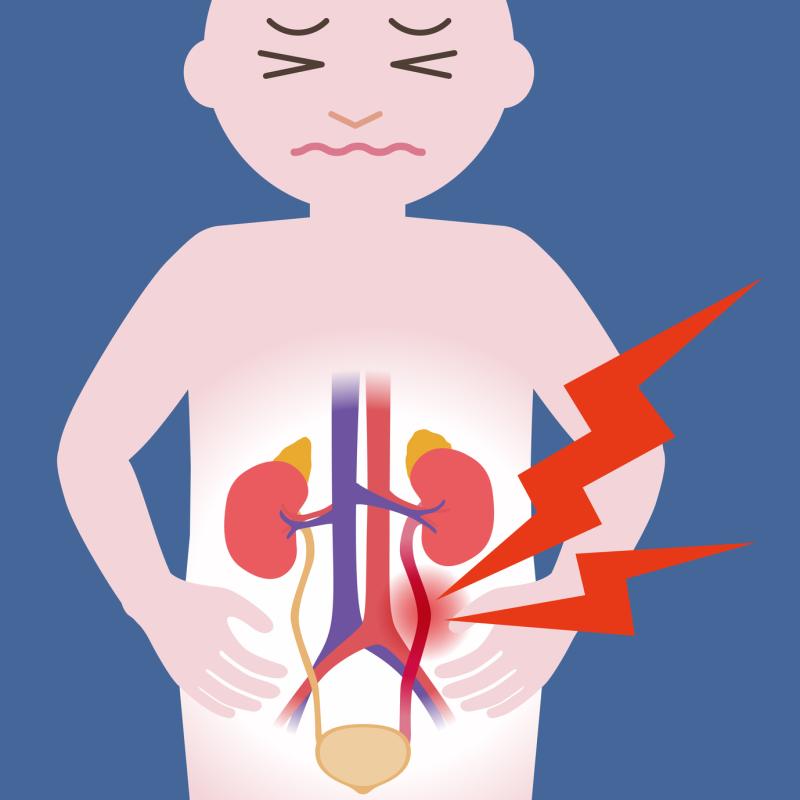
Men with neurogenic bladder (NGB) are at higher risk of complications after placement of implantable penile prostheses (IPPs), a recent study has shown.
Researchers retrieved the records of 37 men with NGB (median age, 48 years) who underwent IPP placement. Study endpoints included surgical outcomes, complications, and the use of medications such as anticholinergic or beta-3 agonists. A parallel group of 267 men without NGB (median age, 62 years), but who received IPPs for erectile dysfunction, was also included.
In both groups, most of the participants underwent IPP placement for the first time under study enrollment. The most common causes for NGB in the study cohort were spinal cord injuries (46.0 percent), spine surgery (23.3 percent), and multiple sclerosis (10.8 percent).
Complications occurred significantly more frequently in NGB participants than in controls (24.3 percent vs 7.5 percent; p=0.001). Specific complications, such as mechanical problems, erosion, and infection, remained more prevalent in the NGB group.
Multivariate logistic regression analysis confirmed that NGB was a strong and significant risk factor for the development of IPP complications (odds ratio [OR], 3.47, 95 percent confidence interval [CI], 1.13–10.71; p=0.03).
Chronic obstructive pulmonary disease also emerged as a significant risk factor (OR, 3.88, 95 percent CI, 1.39–10.79; p=0.009), while those who underwent IPP placement for the first time were at a reduced risk of complications (OR, 0.25, 95 percent CI, 0.09–0.71; p=0.01).